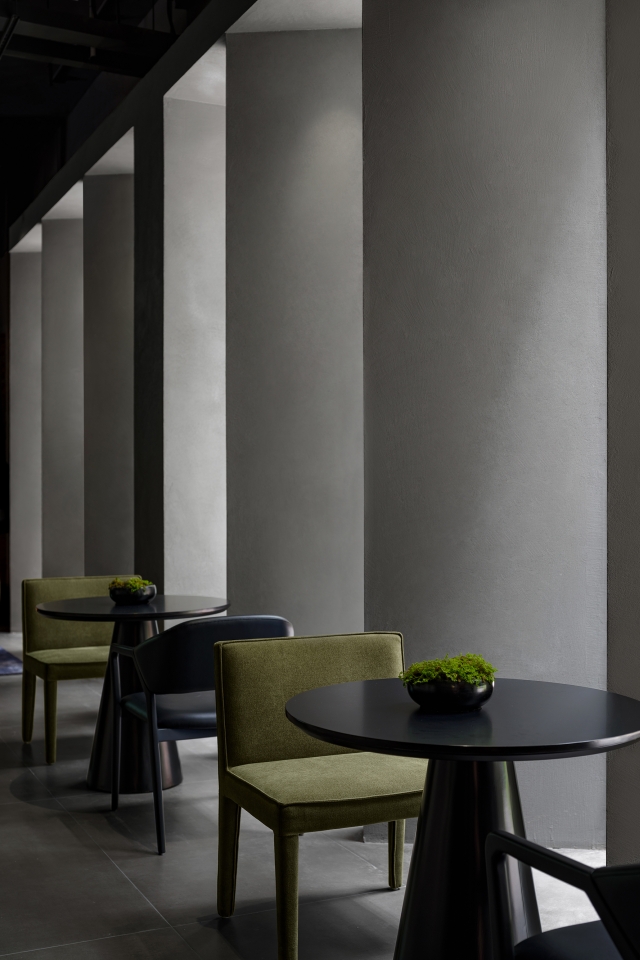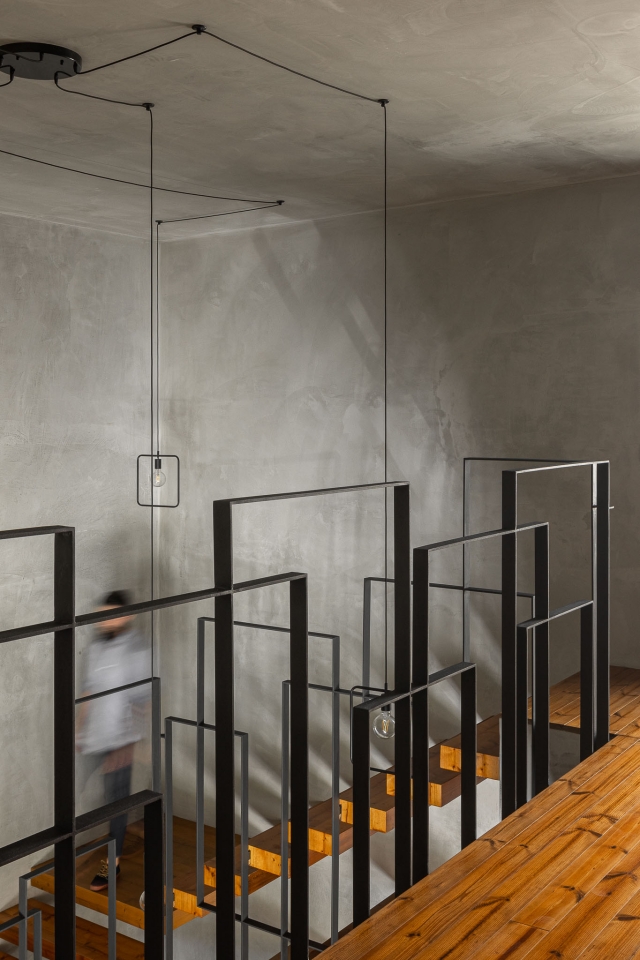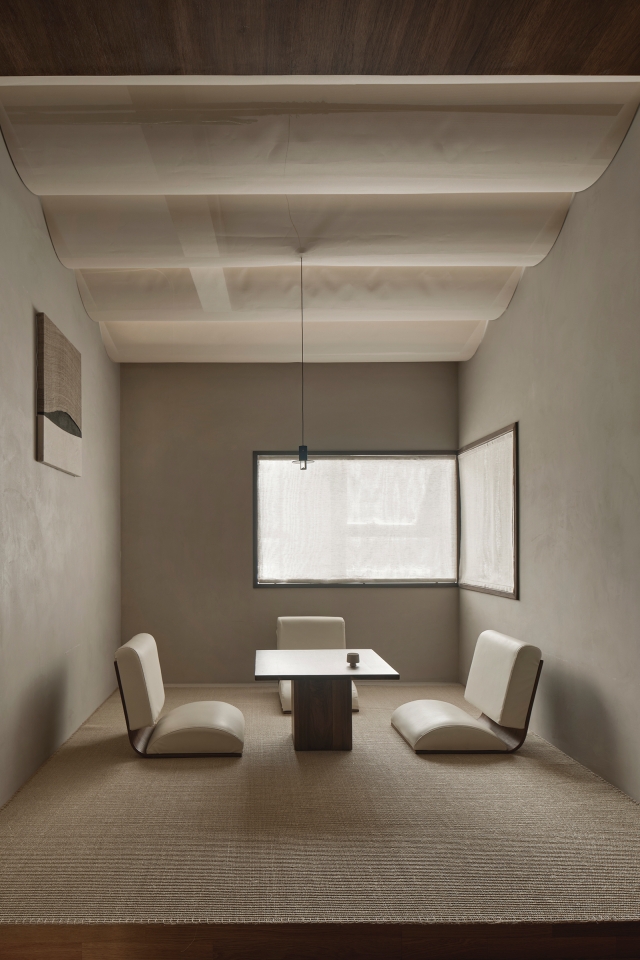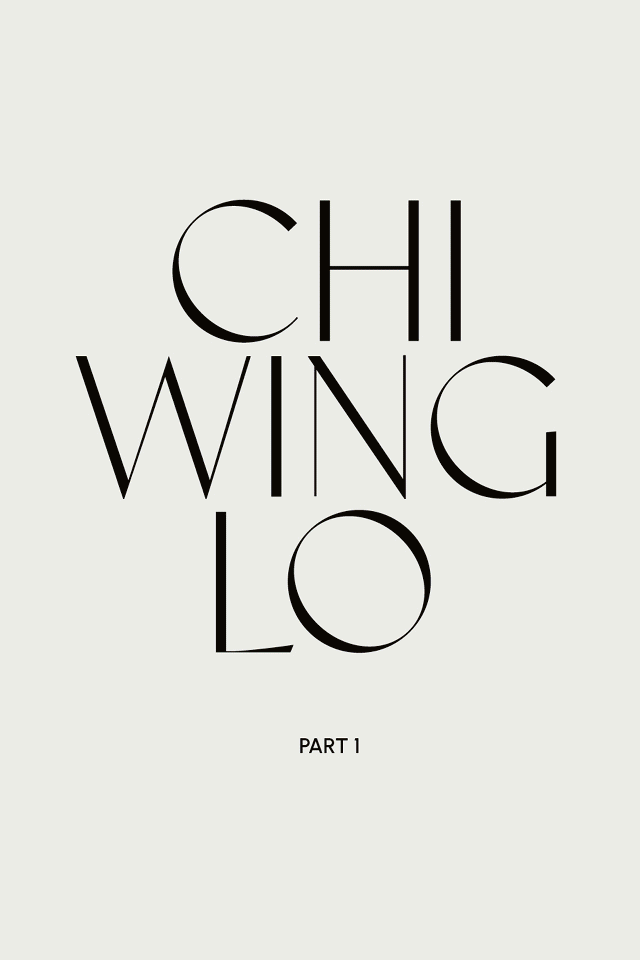The Bantang hot springs in Chaohu are a popular destination for tourists and wellness holidaymakers. Ippolito Fleitz Group led by Peter Ippolito took advantage of these breathtaking surroundings, designing a restaurant that translates the natural waterscape into a dynamic experiential space. The restaurant’s unique selling point is the water of these famous springs, which is used in the preparation of dishes and also served as drinking water. Fluid forms derived from the flow of water characterise this spacious, light-filled space, creating the ideal setting for an unforgettable culinary experience.
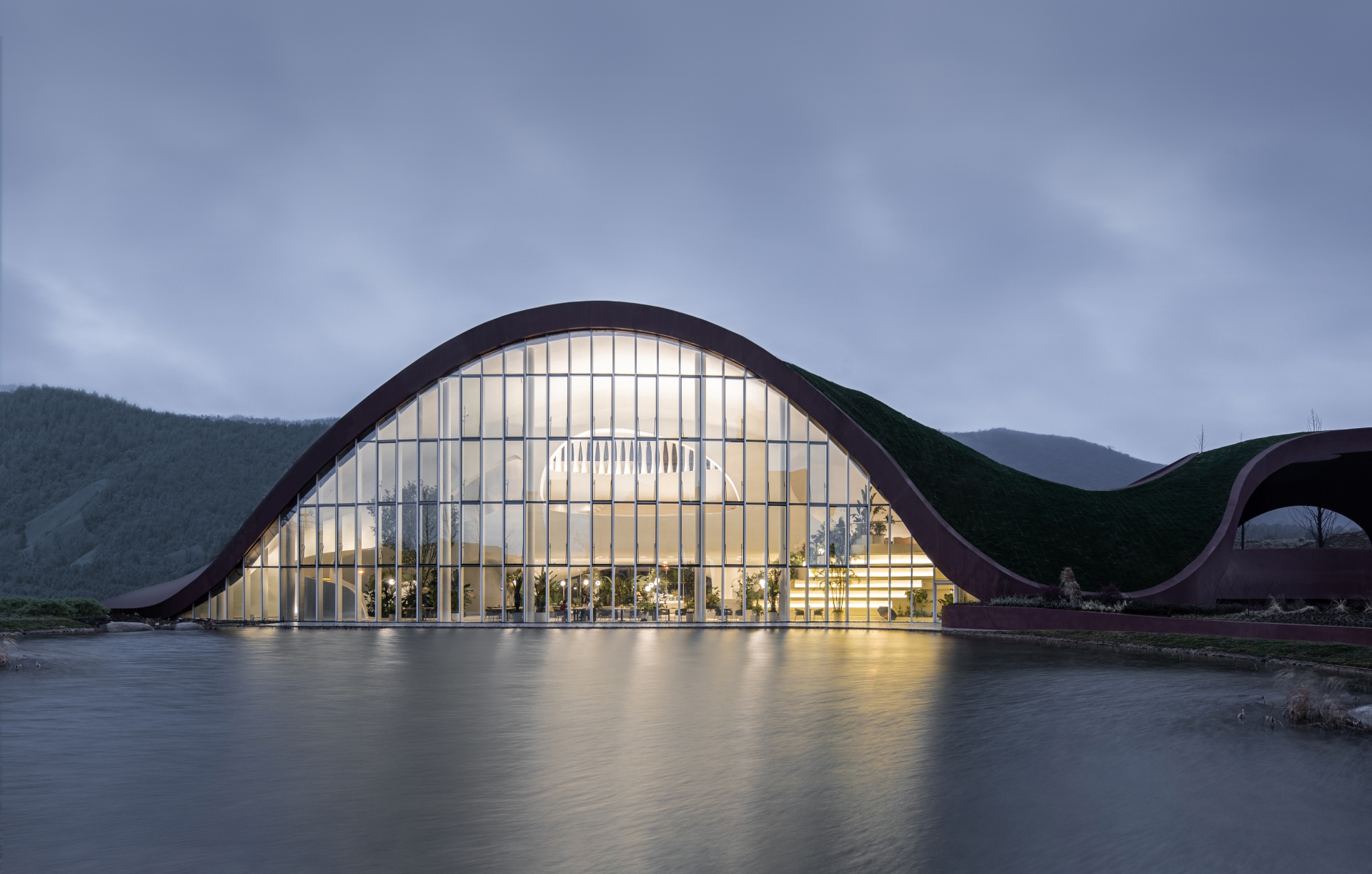
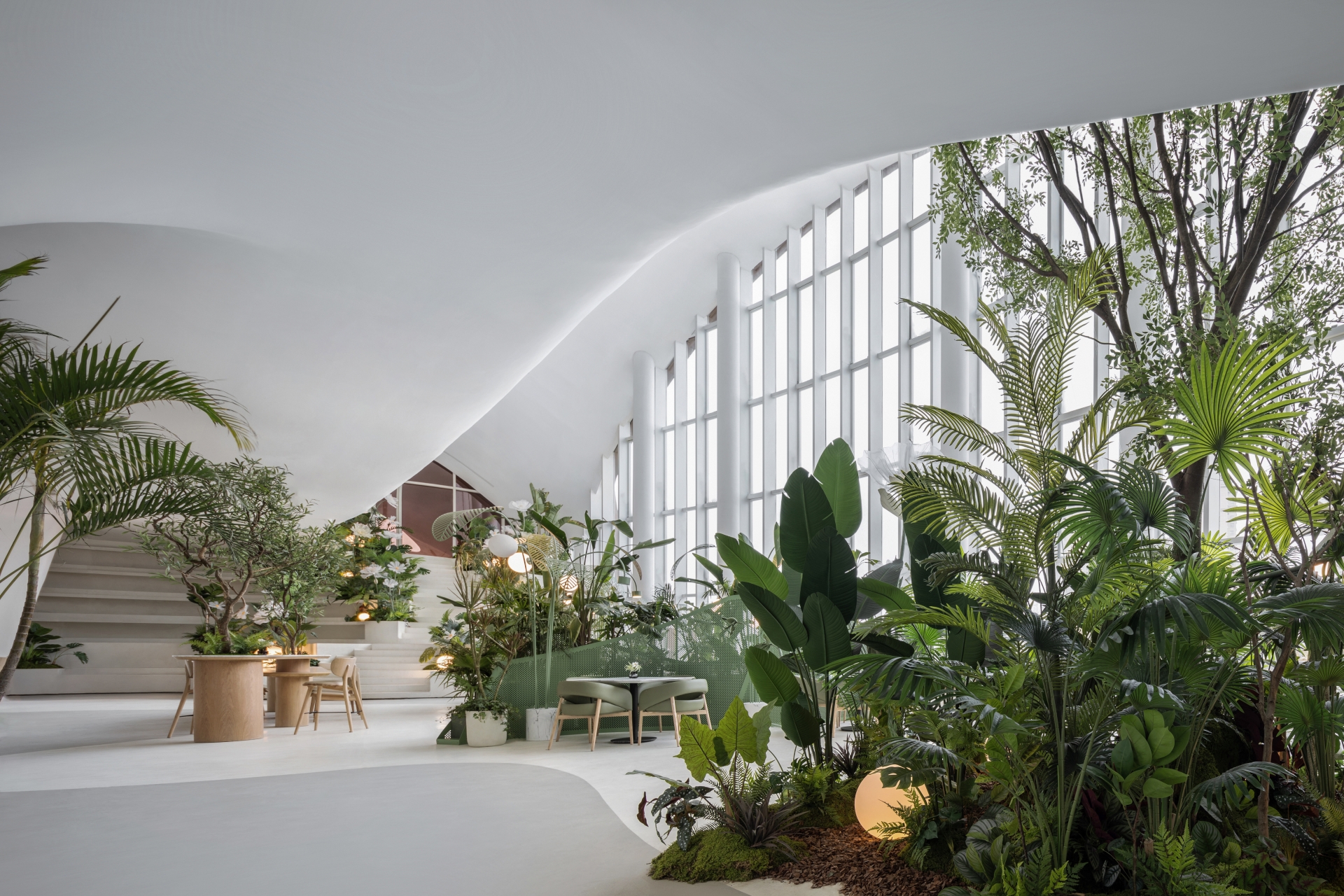
There are some moments worth savouring; sliding your body into warm water, savouring a first bite. Conscious enjoyment, being present in the here and now - these are things we increasingly long to experience, as they constitute important counterpoints to the fleeting digital interactions that otherwise shape our daily existence. Spring Feast serves western-inspired cuisine with a particular focus on regional spring water. The restaurant’s signature dish, for example, is spring water eggs served with truffles and porcini mushrooms.
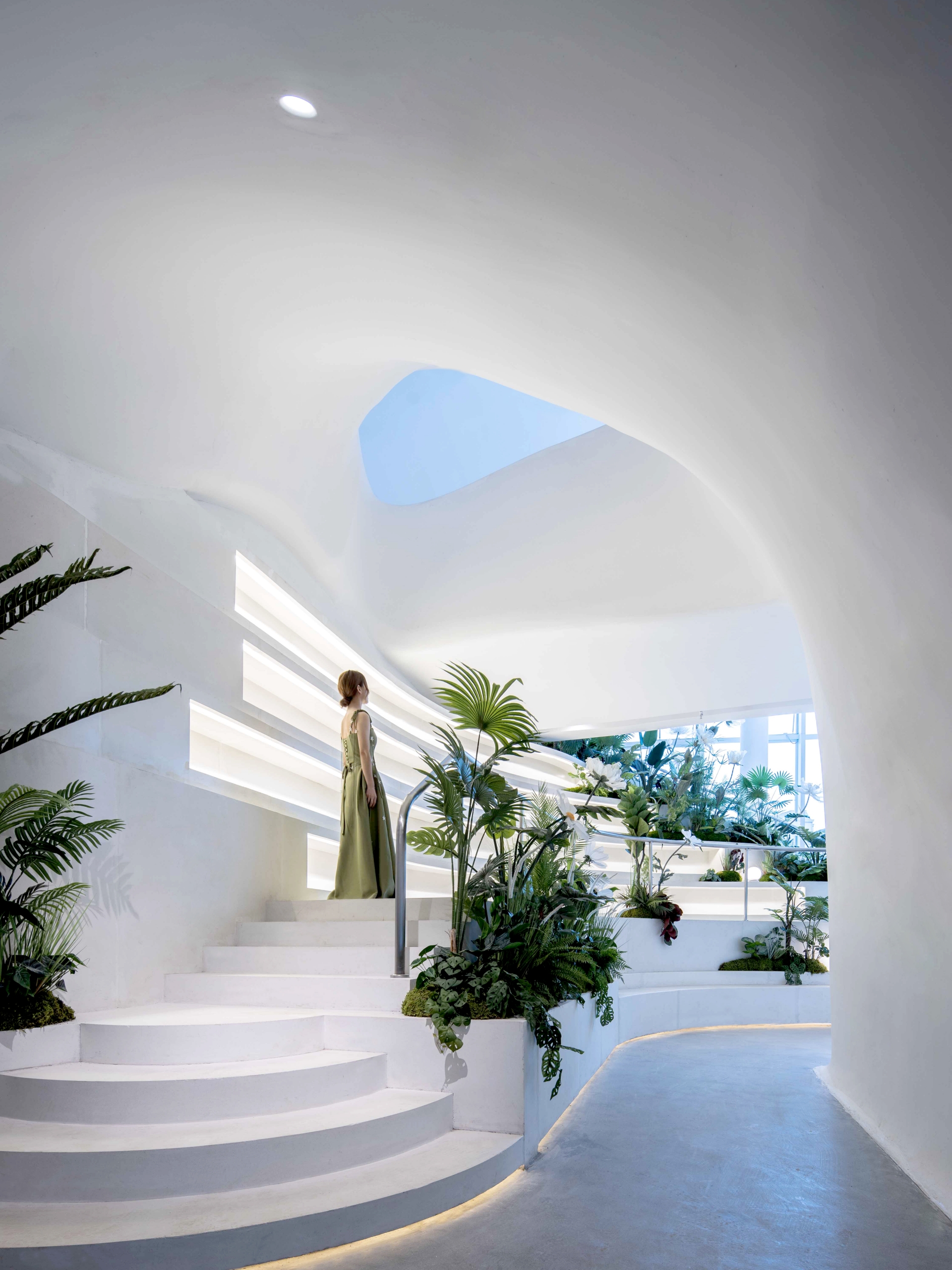
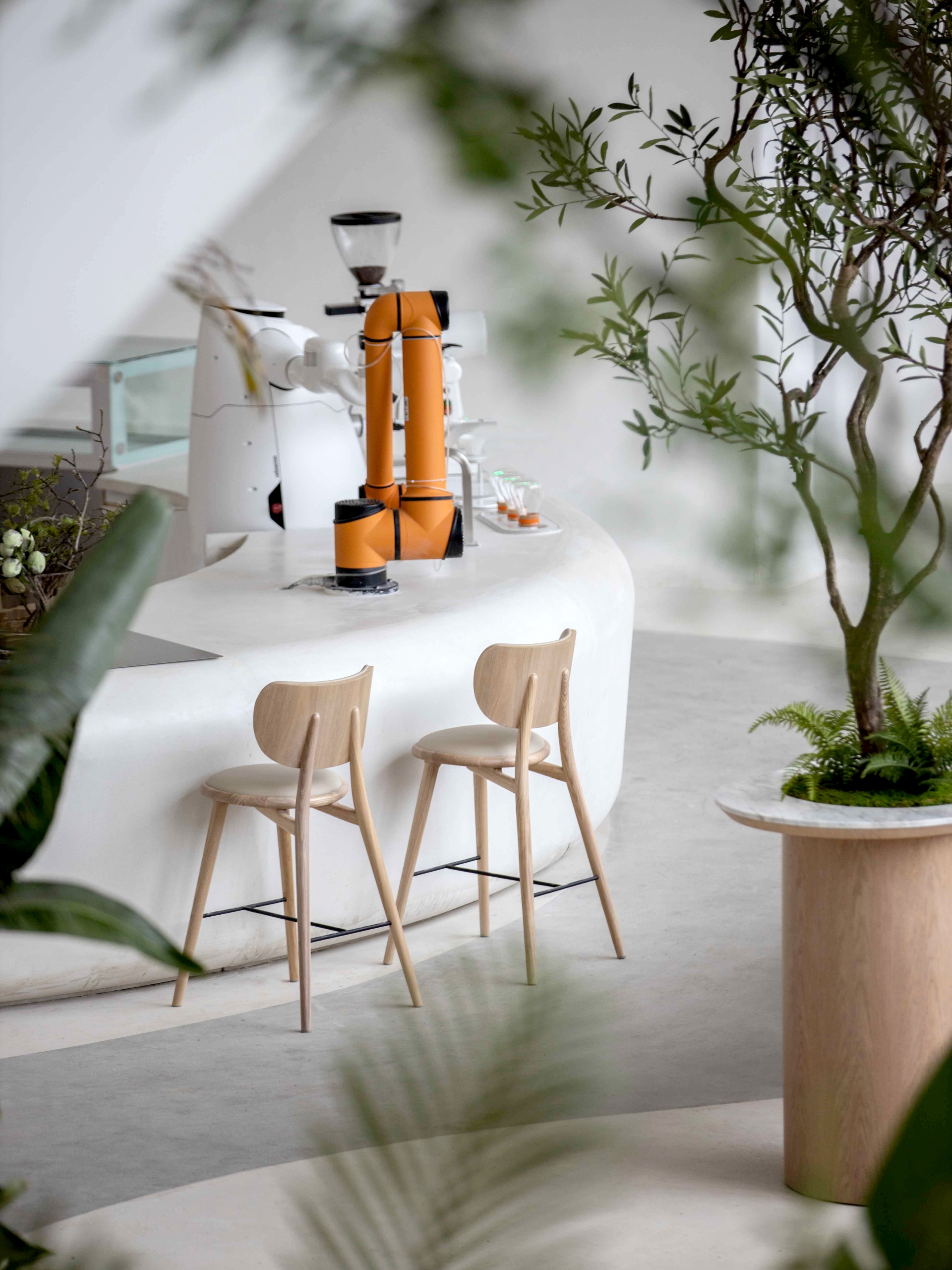
The interior design conceived by Ippolito Fleitz Group ensures that diners can immerse themselves in this special experience, and revel in their own personal moments of indulgence here. Their starting point was to tap into the cultural context and translate it into a spatial experience. Through their research, they unveiled a piece of imperial writing from the Ming period in which the Bantang hot springs are mentioned: “The mountain has two springs, one cold and one hot. At the start of their descent, hot and cold are still separate. As they mix, the fish, sensing the rise in temperature, leave the hot stream.”
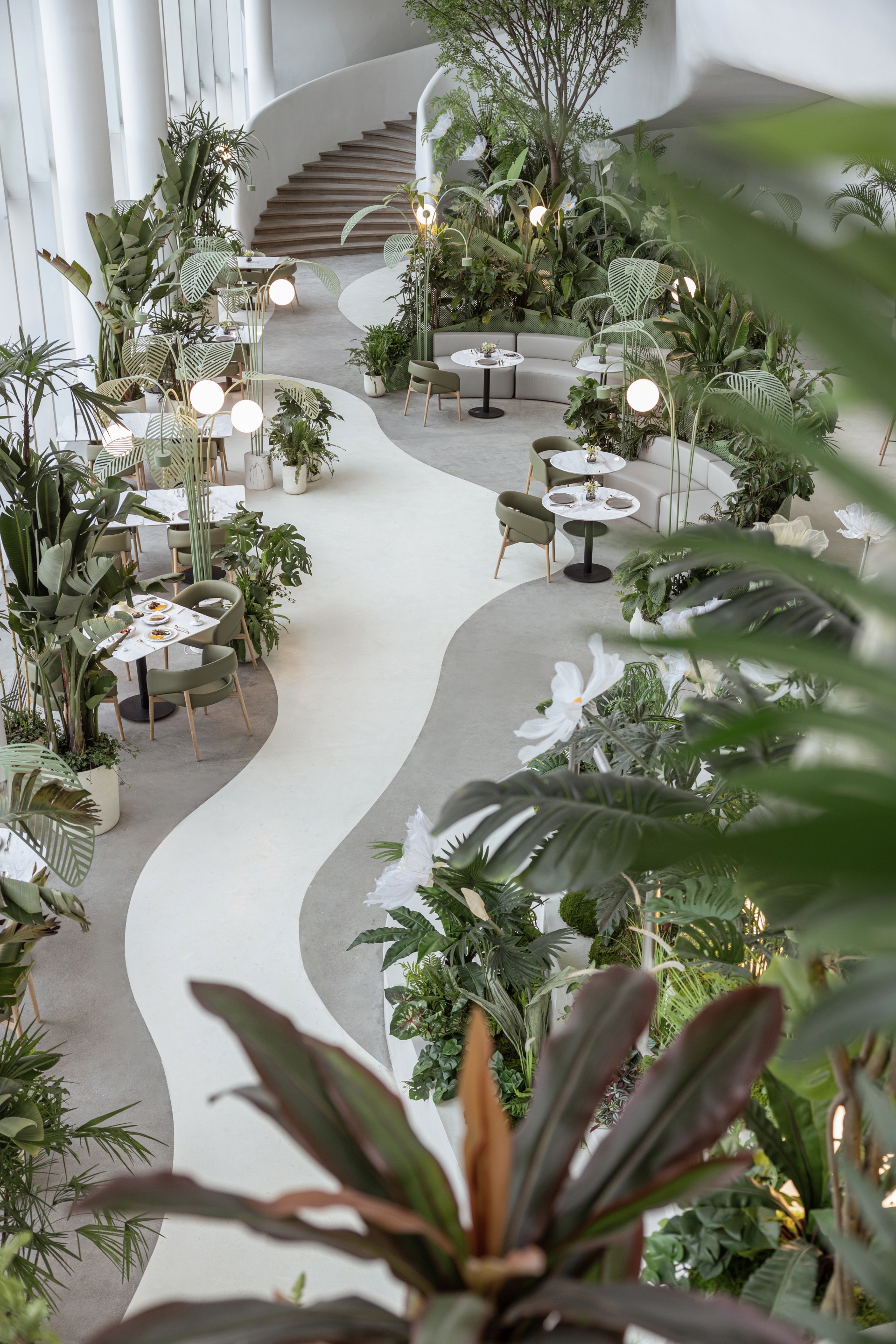
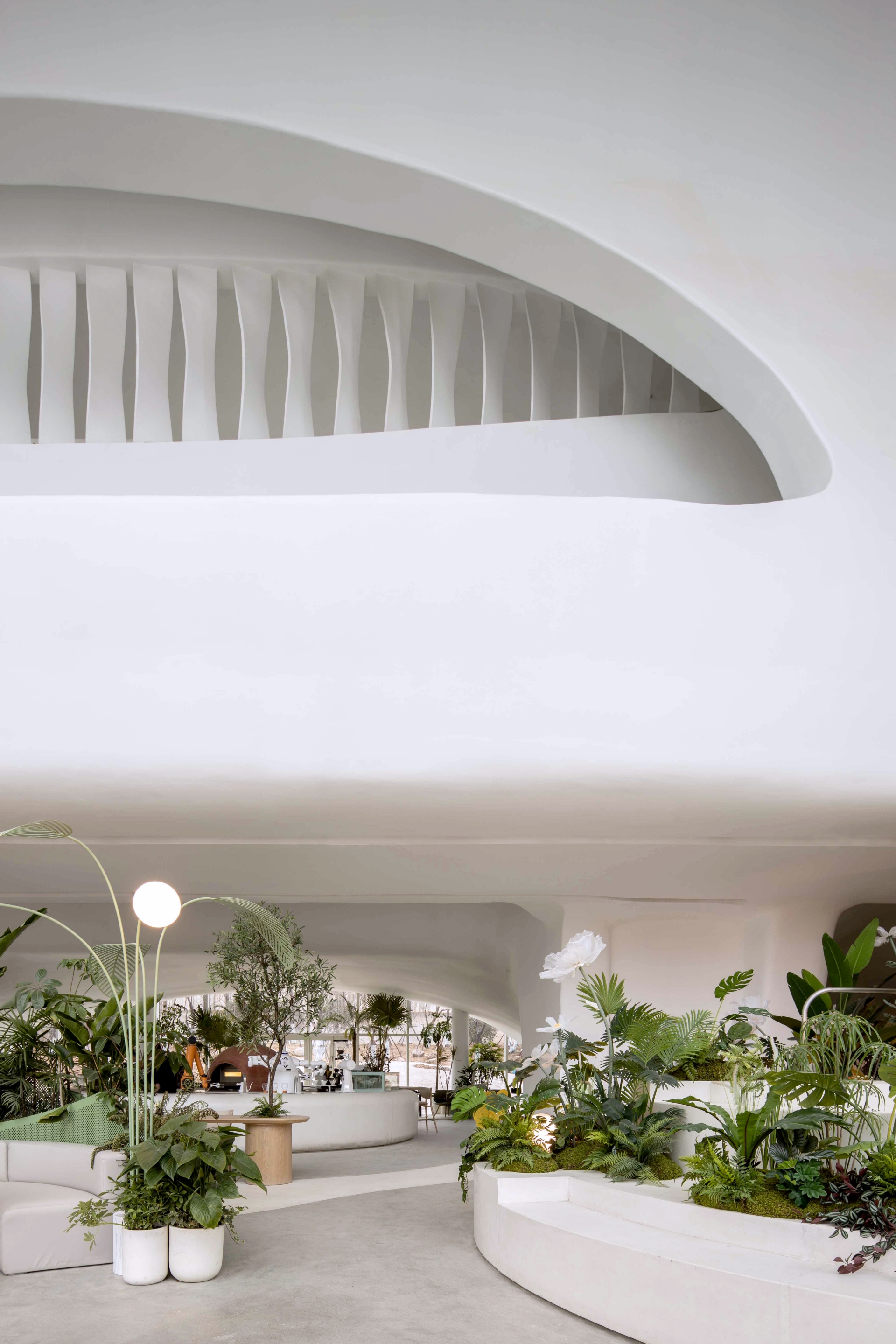
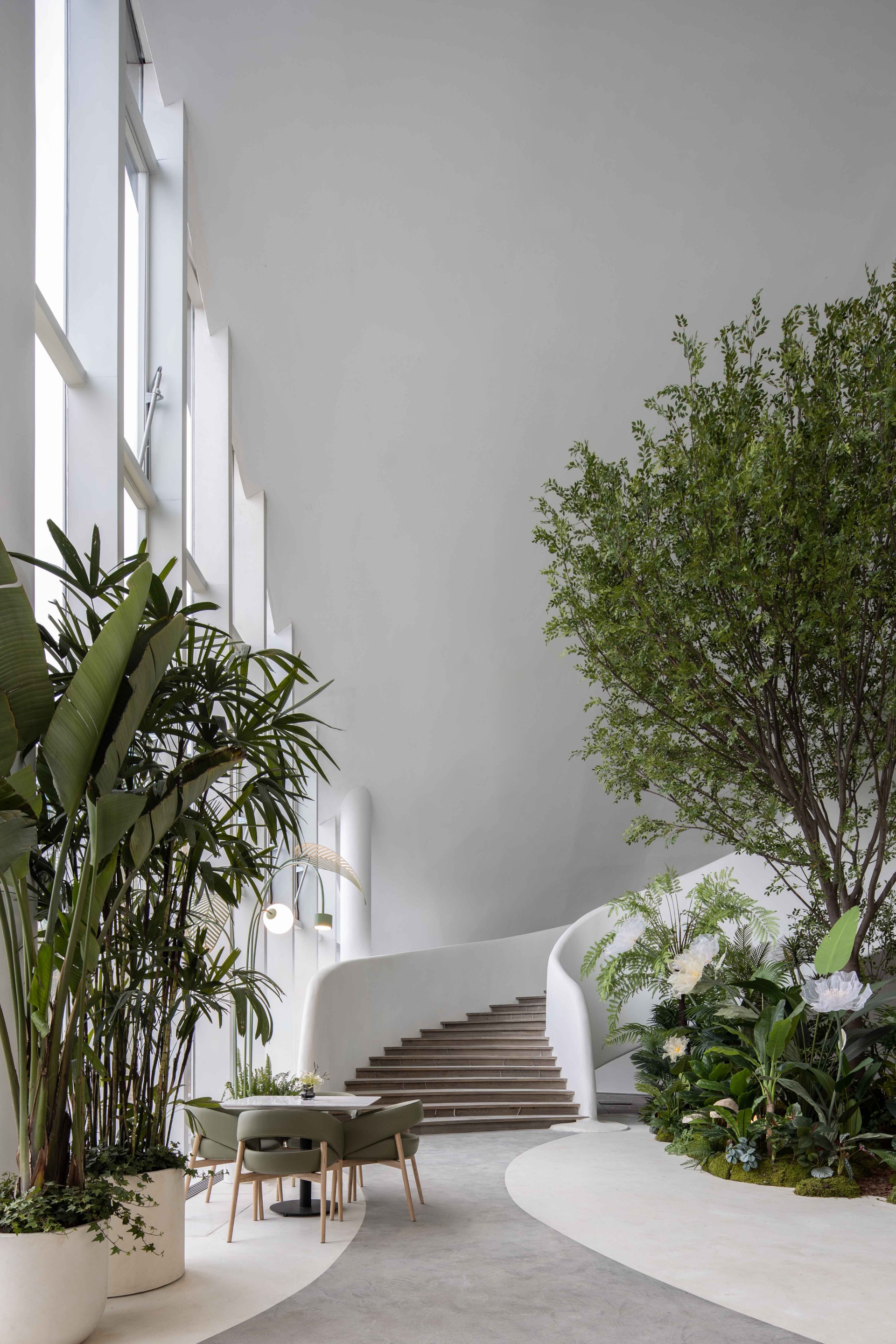
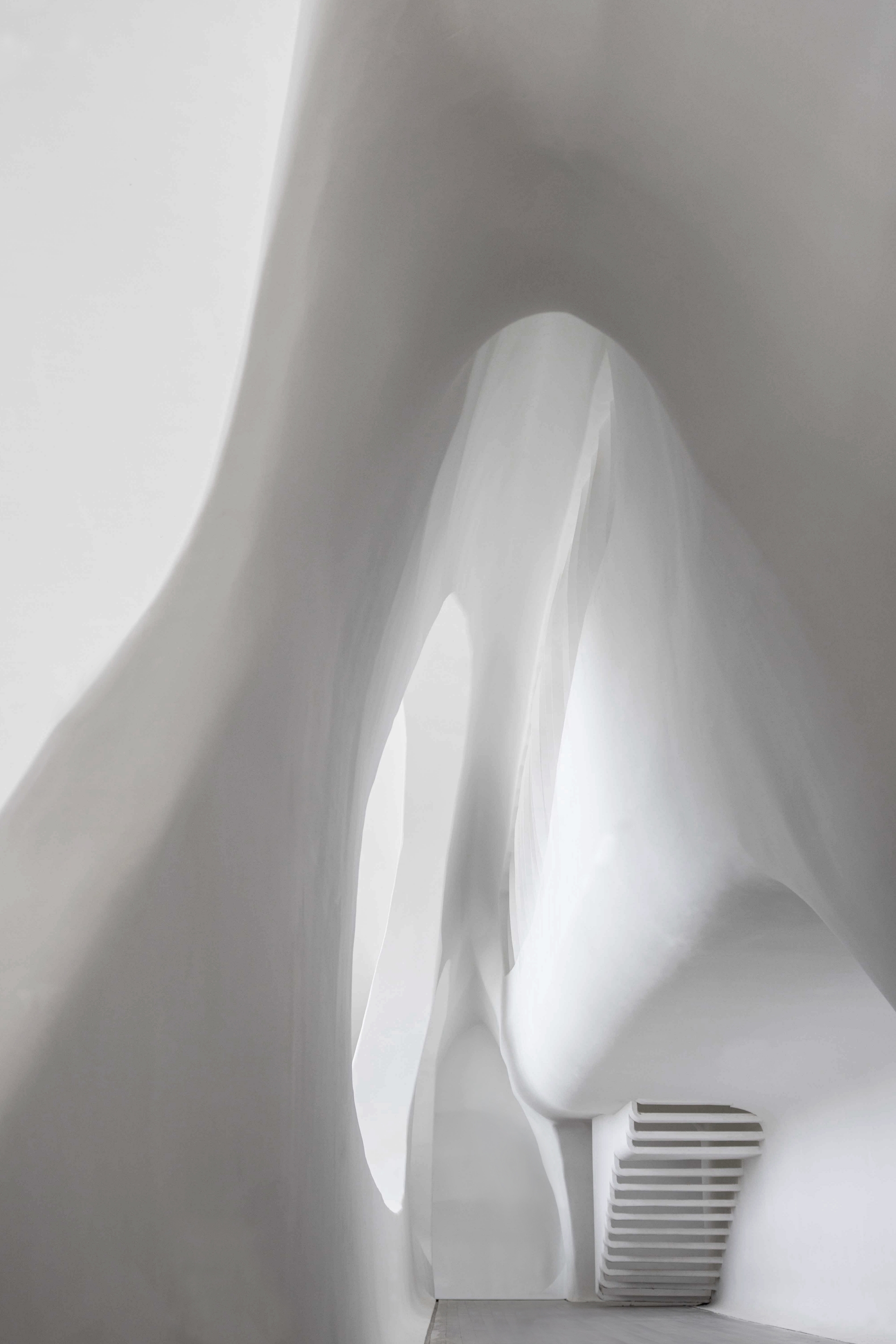
They resonate this into their design: The entrance to the restaurant is on the upper level. Mirroring the historical record, two paths lead down from here to converge again in the restaurant: The direct path takes diners down a wide staircase, while the gallery passage leads past a lounge that offers a magnificent view over the landscape.
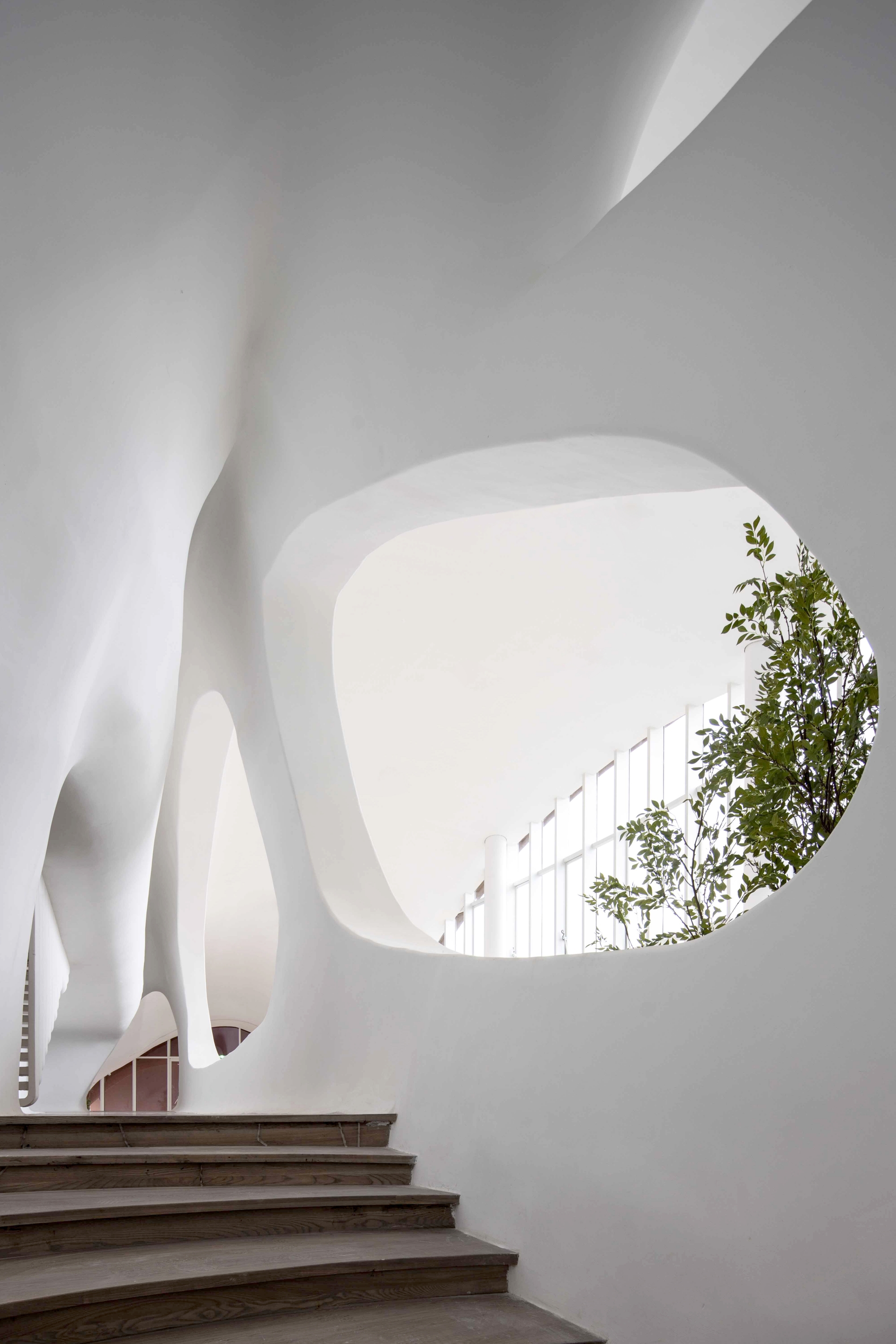
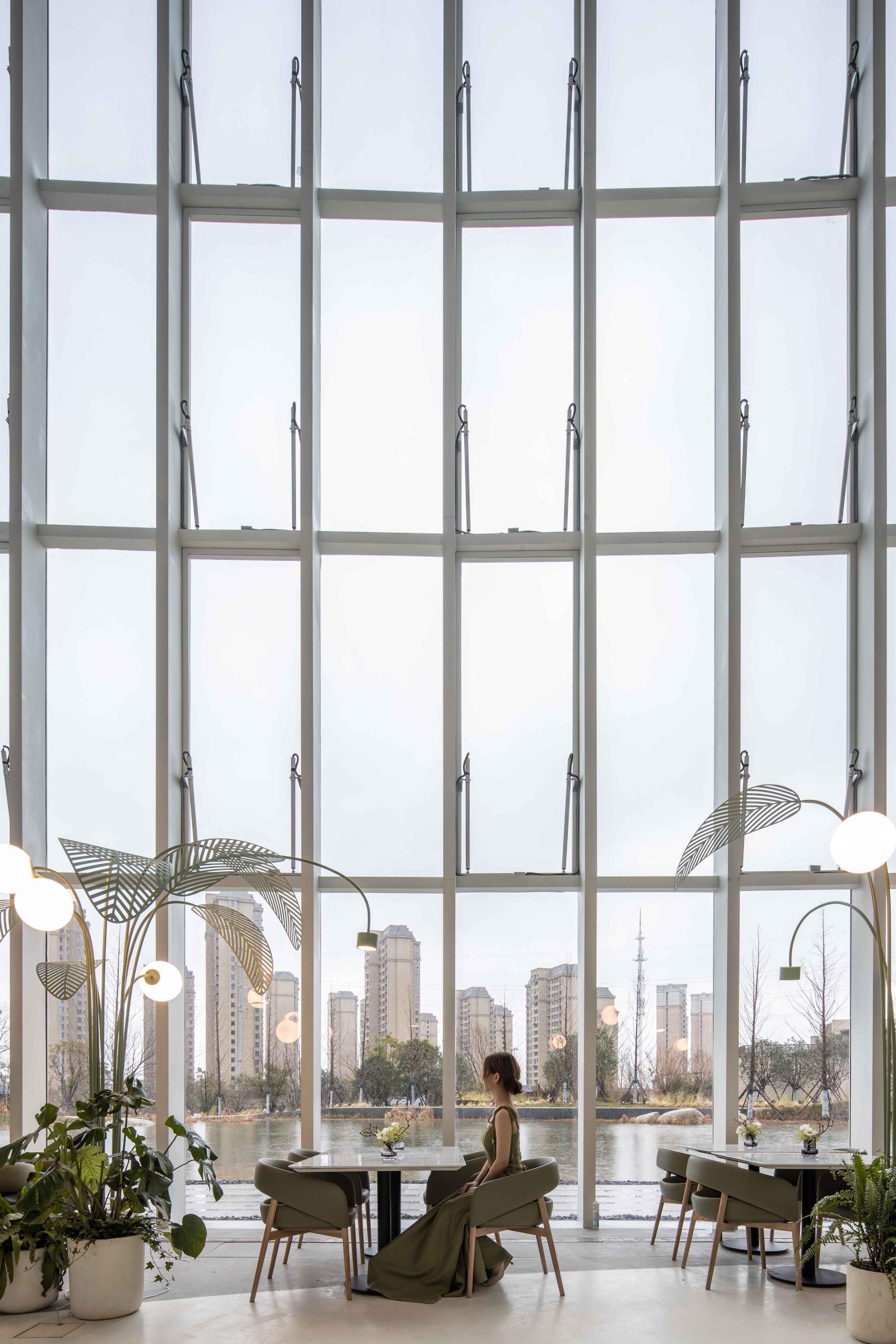
The designers transport the organically curved form of the architecture, which from the outside makes the building look like a natural continuation of the landscape, into the interior. Here and there, they’ve created cavernous niches that are reminiscent of the inside of a mountain and the source of the spring water. As in the historical record, the particular dynamics of their space arise from the interplay of two elements: nature and culture. Through the generous window front, food and culinary encounters as cultural experiences enter into dialogue with the natural environment of hills and water.
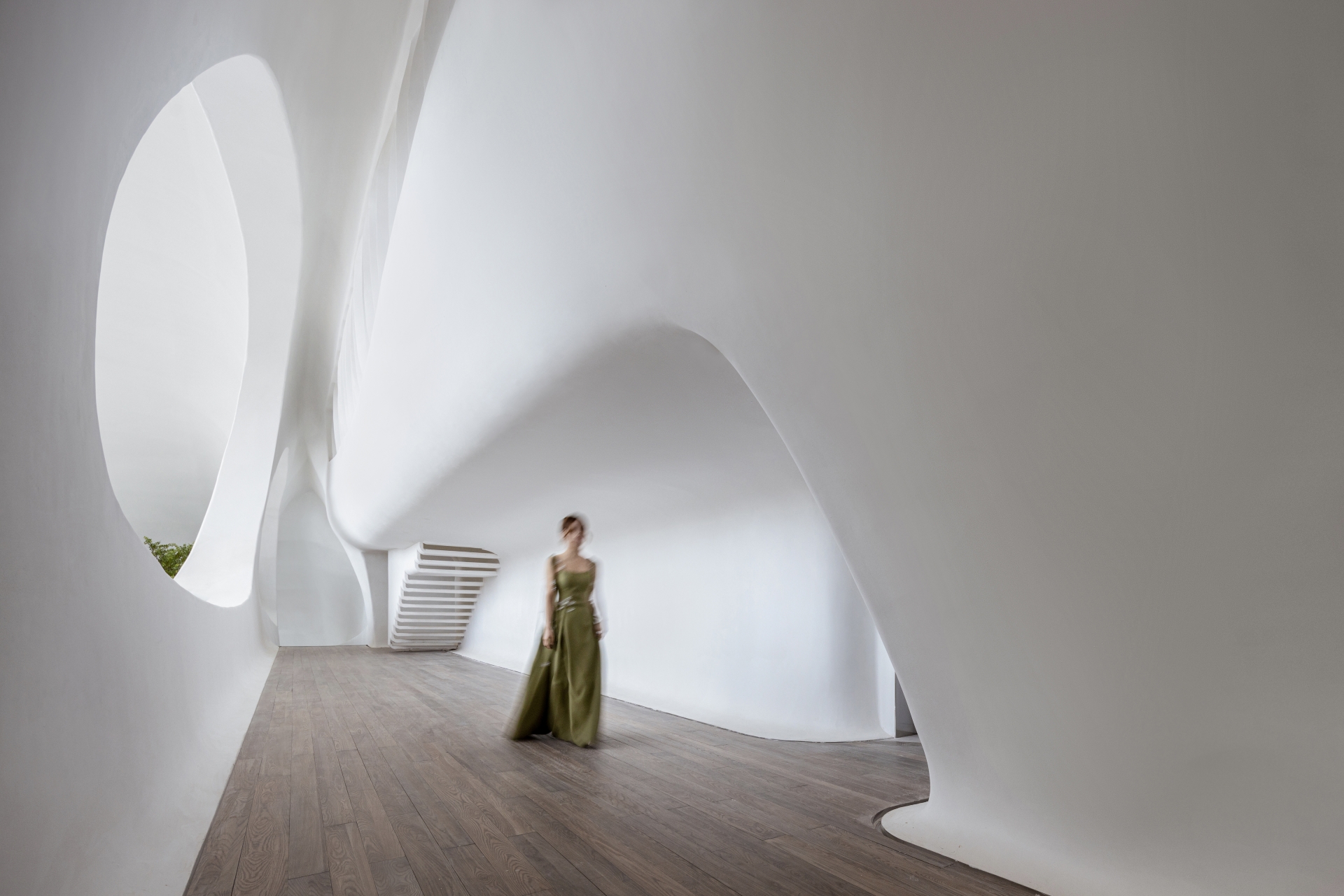
This essential duality is also reflected in the floor design: A bi-colour texture of earth tones meanders through the space, zoning it elegantly and dynamically into walkways and seating areas. The restaurant is dominated by a vibrant, verdant green that stretches across the restaurant landscape like a lush jungle canopy.
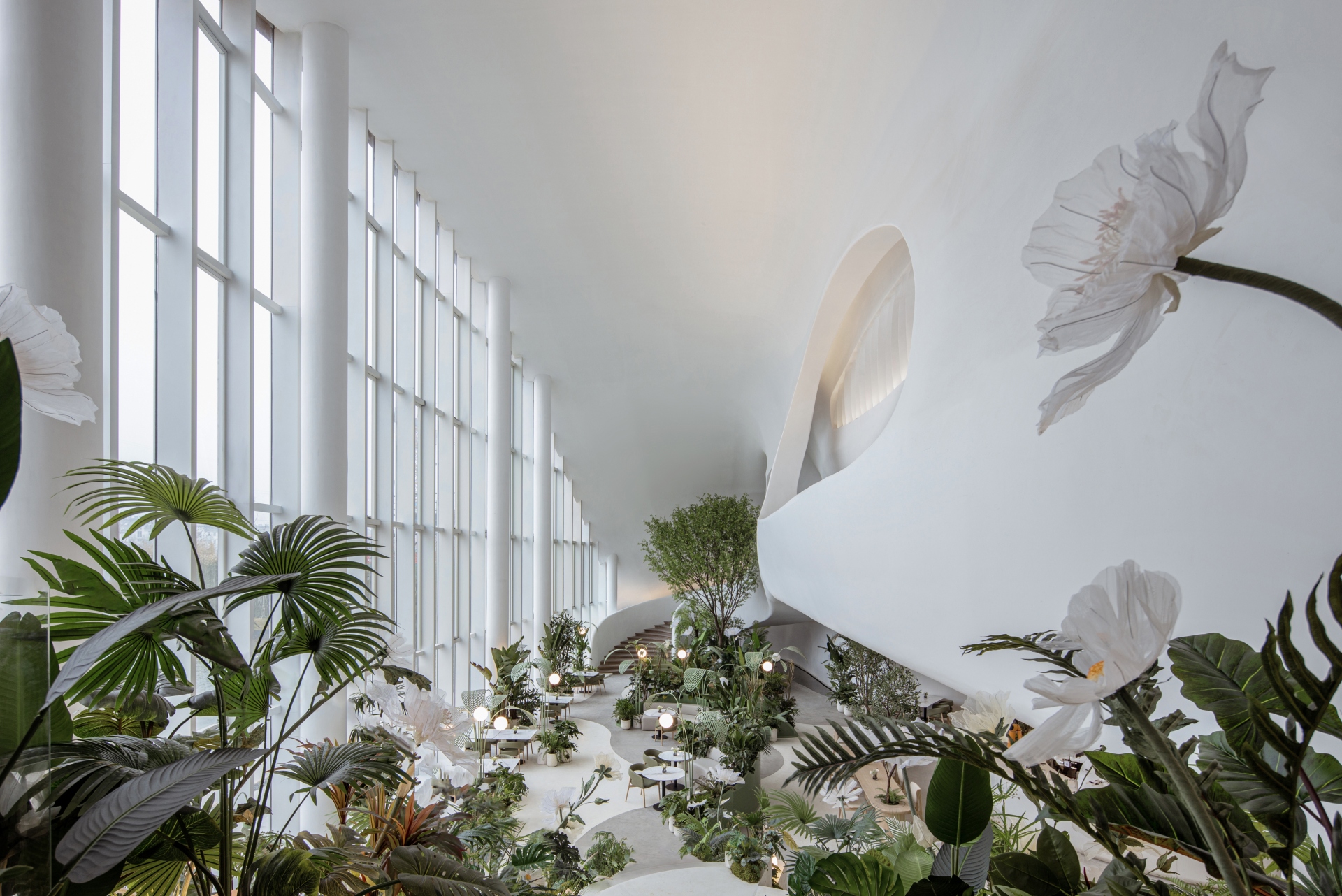
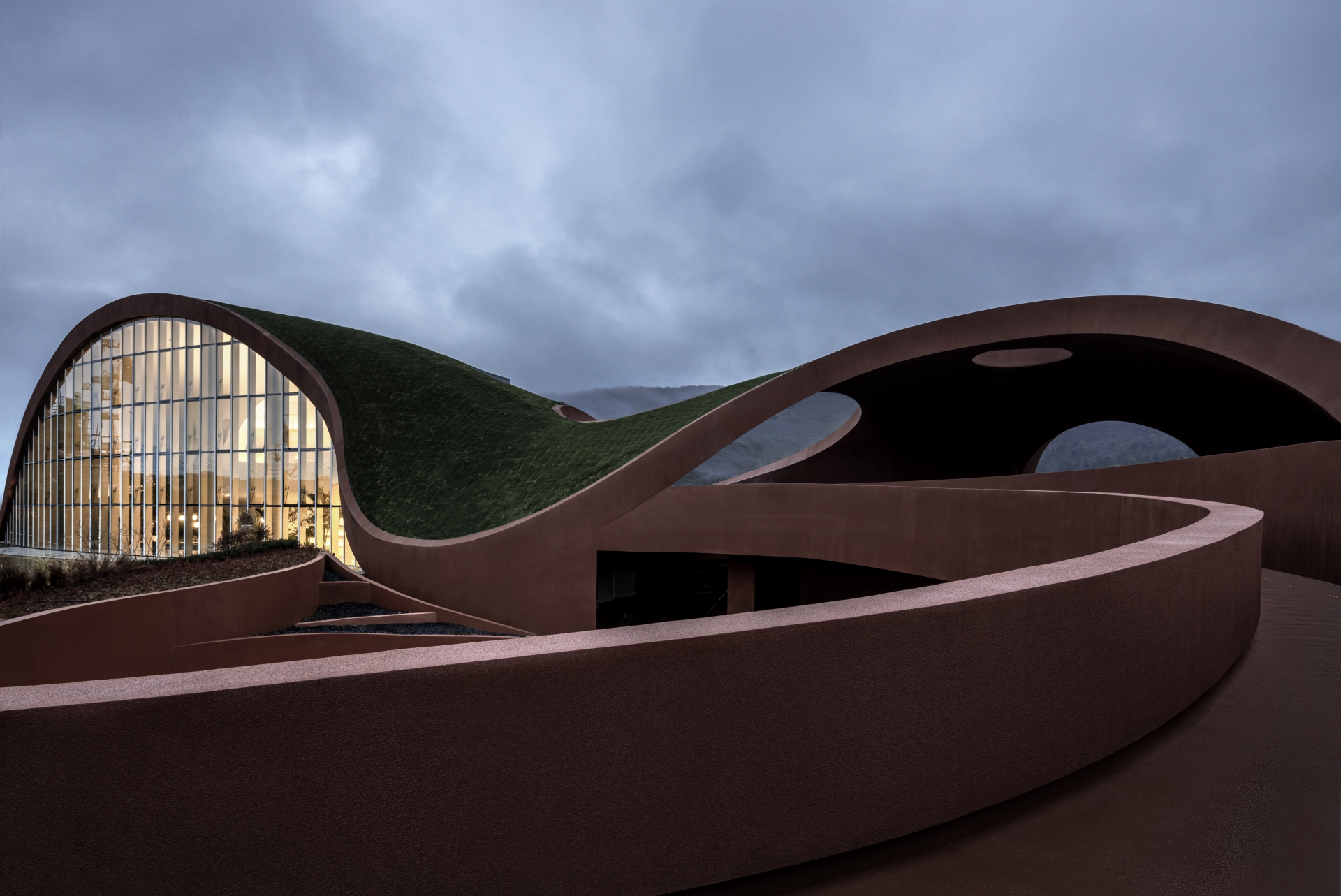
Those who only have time for a brief sojourn can grab a coffee at the bar, prepared skilfully by a small robot. This ever-calm employee operates in the same way as water itself, at its own, never-changing speed. In this way, the restaurant becomes an organic experiential space in which the slowed-down wellness concept of hot spring bathing flows into the enjoyment of food. Culinary encounters become cultural experiences that enter into dialogue with the natural environment of the mountains and water.





